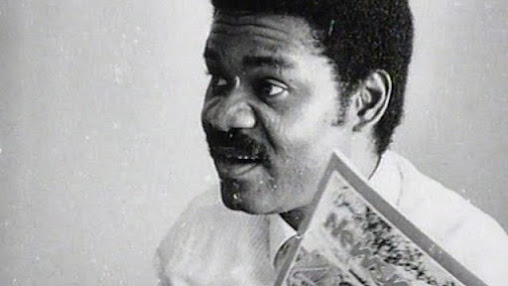By Ugo Onuoha
The prospects for the future wellbeing of this country, Nigeria, are not looking good, the pretenses of our rulers to the contrary notwithstanding. And this is not about its distant future. It’s about the near future. Nigeria is rapidly deteriorating from not working to falling apart. The assertion of the country not working is a notorious fact, but the claim of its falling apart could be treated as crying wolf.
*TinubuIt may not be out of place if we reassure ourselves that we have been at the precipice on more than one occasion in the past. The country was barely seven years old from independence when it was plunged into a fratricidal civil war during which millions of lives were lost in the space of three years, 1967-1970.




















